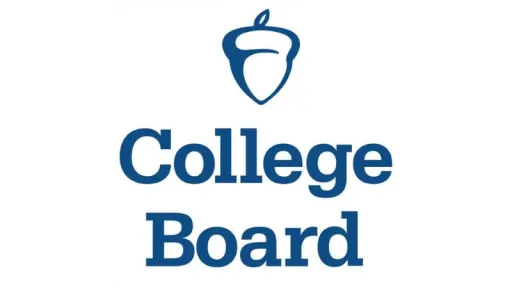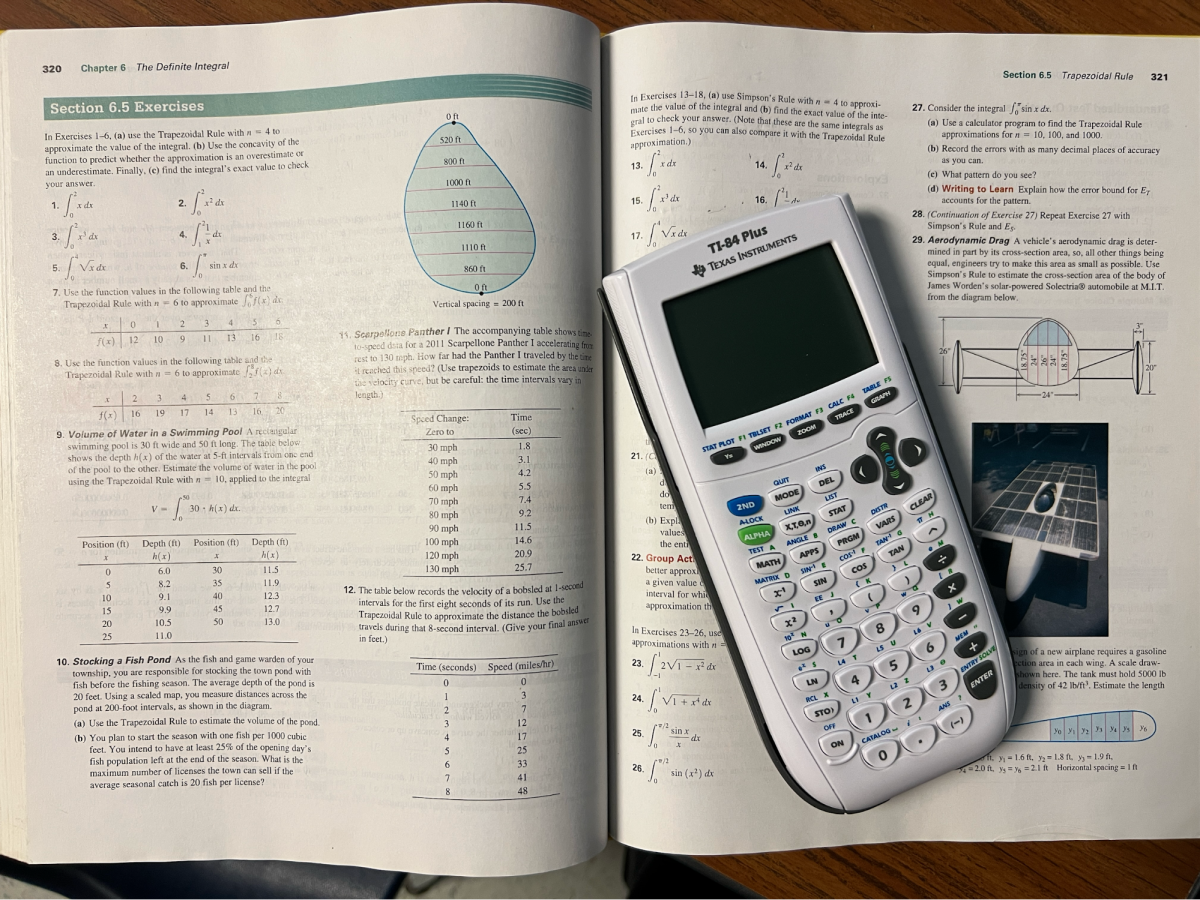Juniors and seniors have the opportunity to take advanced levels of core classes further than pre-ap classes. History and English classes are offered as both AP or ACC classes. These options each have certain benefits and downsides.
Students take AP exams in May in order to earn college credit for their AP class. On a scale of one to five, with five being the best, students must earn a three to pass the exam and may earn college credit depending on the college of their choice’s preferences. For example, certain colleges may only accept credit for a score of four or above.
“I chose ACC because you automatically get the college credit even if you just pass,” ACC English III student Shaylee Wood said. “I don’t have to take a test at the end of the year, which is what my goal was.”
Although ACC classes are beneficial for students without any test, AP credits are typically more widely accepted by colleges across the country than dual credit programs such as ACC.
“I chose AP over ACC because if I got an AP credit, I could use it more generally for more schools,” AP Government student Charvi Garg said. “But ACC is more specific to here [Texas] but if I wanted to go out of state, AP would be better.”
The teaching style is another main difference between the two courses. Both instructors come with different perks. In ACC courses, they have professors instead of traditional teachers which helps prepare the students for college.

“I feel like it gave me a good idea of how to deal with professors because it’s not like dealing with a teacher,” ACC Government student Hannah Aaron said. “You have to do things on your own like if you have a question, you have to go to them, they’re not going to check on you so I feel like it just gives me more experience and readies me for college.”
With AP classes, and a typical high school teacher, students are able to connect more with their teachers which can further enhance their learning.
“I feel like I just have a really good teacher,” AP English III student Isabella Beck said. “I feel like if I didn’t have Ms. Balfour, I would probably be really confused but she explains things pretty well and even there’s a student teacher who is really good too. [Ms. Balfour] also explains things really well so I think I do kind of understand it but if I had another teacher I probably wouldn’t.”
ACC and AP also have different schedules. Despite the A/B schedule and the five day week causing either two or three classes of one subject each week, ACC students will have two lessons of their ACC subject each week.
“We get Fridays off. There’s no class every friday. Sometimes the professor doesn’t show so we just won’t have class that day because they don’t just get a sub,” Wood said. “And you really get an inside look on what college classes really look like so I think those are all good benefits.”
However, AP classes have a bonus of aiding students’ GPAs that ACC classes do not.
“I think the downside [to ACC] is that there’s no GPA boost,” Wood said. “Like if you take it, it just takes away from your GPA so your rank might be lower than your AP classmates.”




















